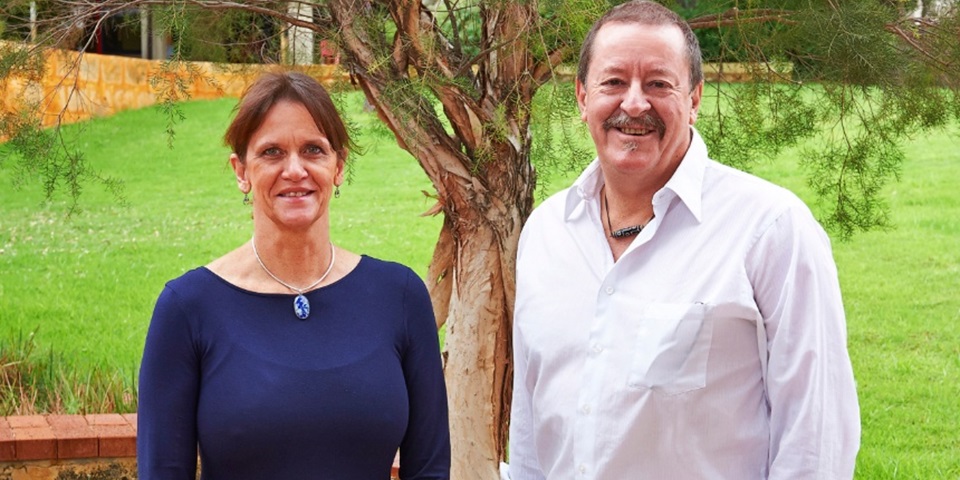News
Research pioneers recognised in Queen’s Birthday Honours

The Queen’s Birthday 2021 Honours list recognises the outstanding contribution to medical research on rare diseases by Murdoch Professors Sue Fletcher and Steve Wilton.
The pair, who have spearheaded new treatments for Duchenne Muscular Dystrophy (DMD), were recognised in the Officer (AO) in the General Division in the Order of Australia for distinguished service to medical research, neurological science and the treatment of muscular dystrophy.
Their pioneering work has resulted in the accelerated approval by the U.S Food and Drug Administration of three drugs for DMD and they continue to pursue new breakthroughs in the treatment of DMD and a range of other diseases.
Professor Fletcher said it was fantastic to receive national recognition of their contribution to medical research.
“The AO is a great honour and very humbling, for a farm girl from southern Africa who has had such extraordinary opportunities in this country,” she said.
“The outcomes from our work have not been achieved by Steve and I alone. Our research has been made possible by a committed team of scientists in our laboratories, with essential early support from Muscular Dystrophy WA and other philanthropic organisations.
“This support and belief in our work was critical to our eventual success in this field, however we remain deeply saddened that the DMD drugs we developed are not yet available to Australian patients.”
Professor Wilton acknowledged the support received over many years from the Perron Institute where the pair began their research over 20 years ago.
“Medical breakthroughs don’t happen overnight. They depend on teamwork and years of hard work as well as collaborative partnerships with researchers, funding agencies and industry worldwide,” he said.
“I would particularly like to thank Emeritus Professor Byron Kakulas who brought Sue and I into the institute back in the 90s and gave us the space and support to begin a research journey that culminated in a new approach to the treatment of DMD.”
Professor Fletcher said she hoped recognition of their work would highlight the importance of supporting new ideas and early career researchers, and drew attention to the plight of those living with rare diseases who so often have limited treatment options.
“Now, more than ever, basic research is underfunded, yet without investment into early discovery, our capacity for future build future breakthroughs,” she said.
“I thank our extended team, the research offices at The University of Western Australia, Murdoch University, Muscular Dystrophy WA and the muscular dystrophy communities internationally and within Australia. I would also like to acknowledge Sarepta Therapeutics for taking our research into the clinic.”
Sarepta has been a fantastic company to work with. It had the vision to invest on a scale almost unimaginable in Australia in developing the therapeutics we created and taking them through clinical trials to the bedside. Without their support, these life-changing drugs would not be available for patients.”
Professor Steve Wilton.
Professors Fletcher and Wilton are based at the Centre for Molecular Medicine and Innovative Therapeutics – a joint research centre between Murdoch University and the Perron Institute.
They continue to work on refining treatments for DMD and other diseases, and believe these therapies may be applicable to potentially thousands of other rare diseases, including spinal muscular atrophy, Stargardt’s disease, inherited blindness, cystic fibrosis and Huntington’s disease.
This research supports the United Nations Sustainable Development Goal 3 to ensure healthy lives and promote well-being for all at all ages.
For research news delivered to your inbox, sign up to our monthly newsletter.